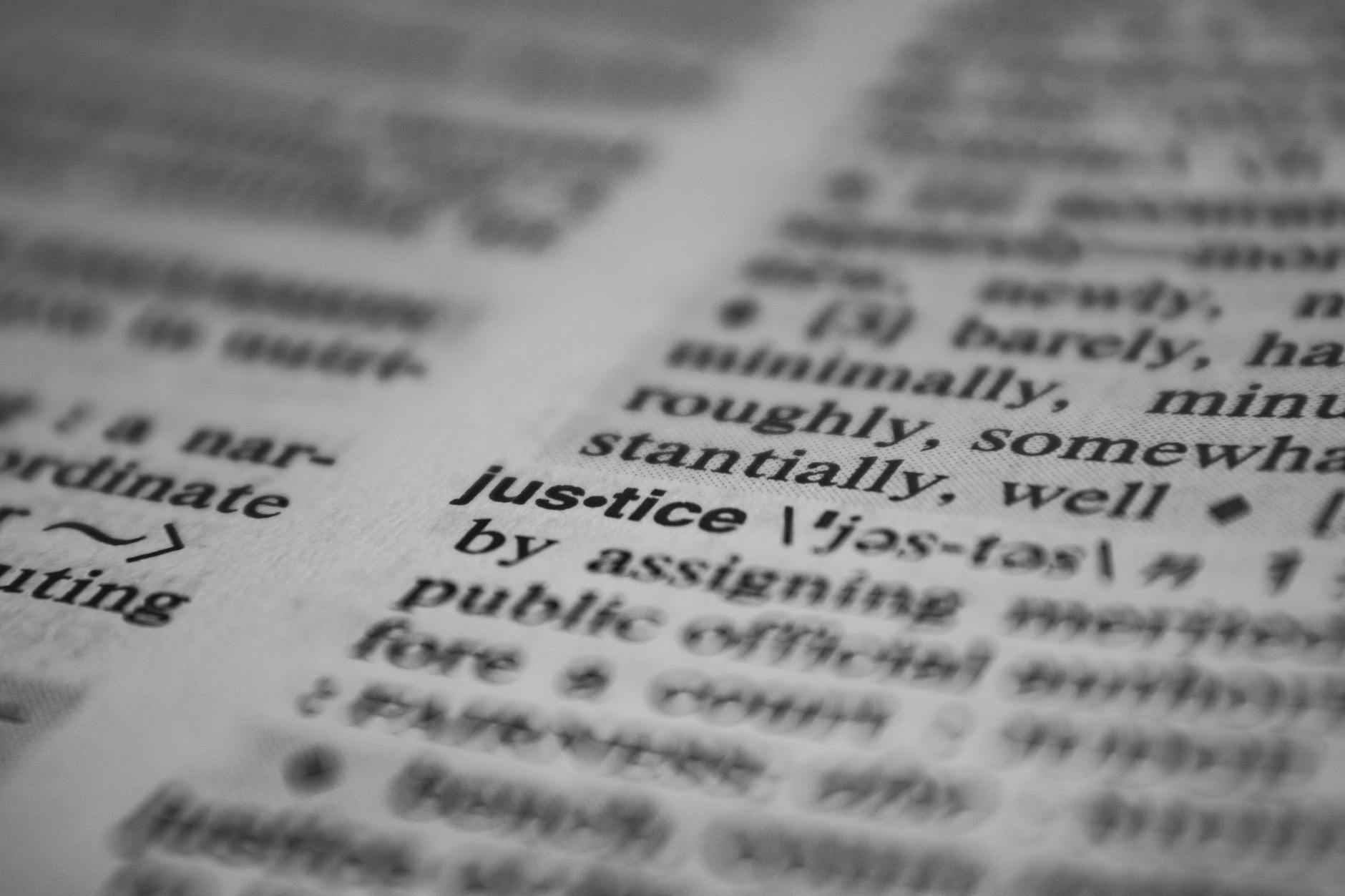Leadgrowdevelop
13h
83

Image Credit: Leadgrowdevelop
Why Simplifying Legal Language Matters More Than Ever
- Legal language, known as 'legalese,' has historically been complex and inaccessible to the average person, but there is now a growing demand for simplification.
- The use of archaic phrases and technical jargon in legal documents has led to confusion, misinterpretation, and legal vulnerability for non-legal professionals.
- The movement to simplify legal language is driven by factors such as digital access, changing consumer expectations, regulatory pressure, and the role of AI and legal tech.
- Unreadable legal content can lead to missed obligations, unfair terms going unchallenged, and costly mistakes for individuals and small businesses.
- By translating legal documents into plain language, trust, compliance, and outcomes can be improved, empowering individuals to make informed decisions and reducing the risk of legal disputes.
- Benefits of plain language include better public trust, reduced legal disputes, cost savings, and improved access to justice for vulnerable populations.
- Legal professionals, consumers, and businesses play a role in advocating for and implementing plain language communication in legal documents.
- Simplifying legal language is essential in promoting fairness, efficiency, and justice for all individuals interacting with the law in various capacities.
- Clear legal communication is crucial in ensuring that everyone, regardless of legal expertise, can understand and navigate legal agreements effectively.
- Making plain language the norm in legal documents is a gradual process that involves education, technology, demand from consumers, and a shift in legal industry practices.
Read Full Article
5 Likes
For uninterrupted reading, download the app